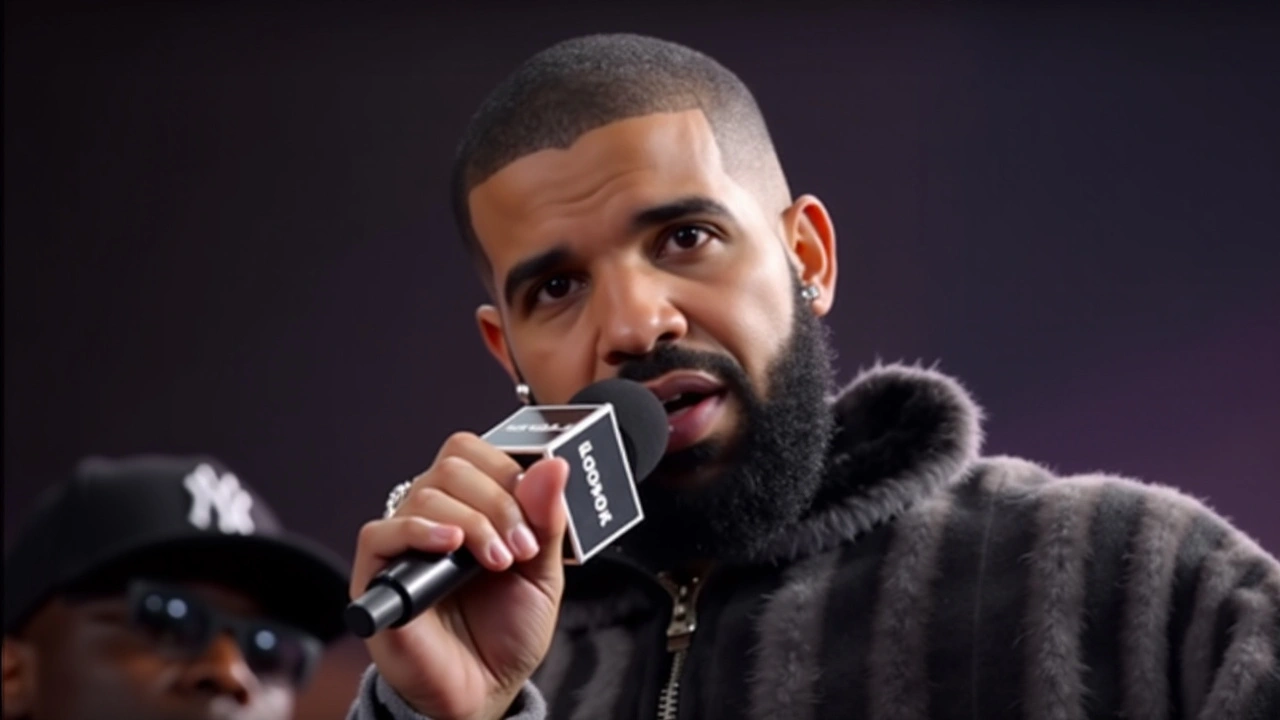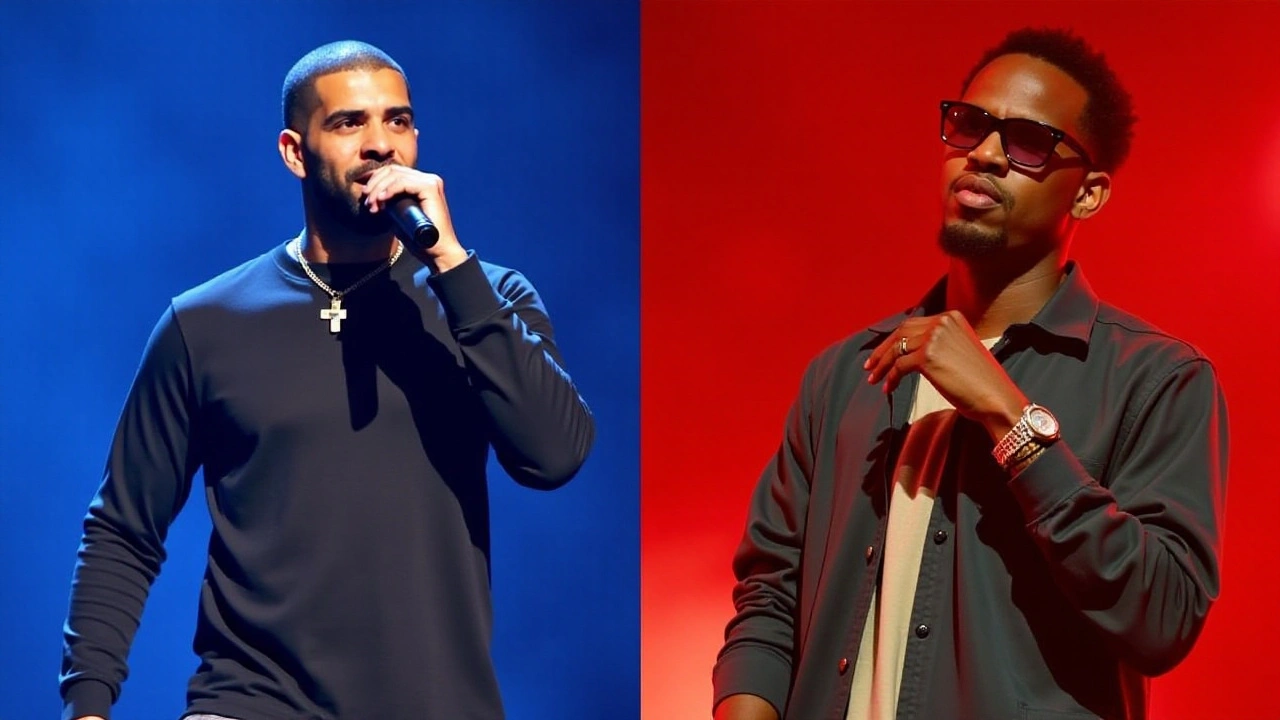Drake's Allegations Against Universal Music Group
In a recent legal bombshell, acclaimed rapper Drake has levied serious accusations against Universal Music Group (UMG), claiming the music giant has manipulated streaming numbers for Kendrick Lamar's hit track, 'Not Like Us'. This development unfolds within the complex layers of an already tense relationship between Drake and Lamar, sparking further debates about the ethics of music marketing in the modern era.
At the heart of Drake's accusations is the notion of artificial inflation through the use of so-called bots—automated scripts that mimic human interactions online, in this case, streaming the song repeatedly to boost its numbers. According to Drake's company, Frozen Moments LLC, the scheme extends beyond mere digital trickery and involves strategic collaborations and financial incentives aimed at elevating Lamar's music above its organic reach.
The Alleged Role of Spotify
Drake's legal filing argues that UMG's purported strategy involved Spotify, leveraging their established business relationship to propel 'Not Like Us' into the spotlight. It's alleged that UMG provided Spotify with specially negotiated licensing rates to ensure preferential treatment of Lamar's song on the platform, allowing it to dominate playlists and, consequently, accumulate extensive streams. Though Spotify hasn't commented on the latest filing, it has been vocal about its efforts to combat artificial streaming, relying on both automated and human reviews to maintain the integrity of its numbers.
UMG’s Response and Ethical Considerations
UMG has staunchly refuted these charges, responding with a firm statement that the allegations are both 'offensive and unfounded'. The music mogul maintains that it strictly adheres to ethical standards in its marketing and promotional practices, emphasizing its commitment to integrity amid a thriving but increasingly scrutinized music industry.
As the debate rages on, it raises deeper questions about industry-wide practices—ethical or otherwise. In an era where streaming statistics often shape an artist's success and influence, the credibility of these numbers is paramount. Manipulation via bots could not only distort the competitive landscape but also erode trust within the industry's ecosystem.

The Ongoing Feud with Kendrick Lamar
This controversy isn't just an isolated incident but part of a long-standing rivalry between Drake and Lamar, dating back to 2013. Both artists have exchanged musical blows through various tracks, with 'Not Like Us' being Lamar's latest salvo that pointedly criticizes Drake. The song has amassed over 900 million streams on Spotify, making it a heavyweight contender in their ongoing duel.
The implications of these allegations, if proven true, could be far-reaching, potentially altering not only the careers of these two titans but also the business practices of an industry reliant on fair play and authenticity. Such allegations cast a shadow over a feud that transcends simple rivalry, delving into matters of integrity and influence in one of the world’s most lucrative industries.
Impact on Employees and Industry Dynamics
Adding fuel to the fire, Drake's filing alleges that UMG has systematically removed employees loyal to him, suggesting an attempt to bury these alleged manipulative schemes. If correct, this could reveal a troubling culture within the industry where loyalty and transparency take a backseat to corporate maneuvers and competition.
As this legal battle unfolds, it holds the potential to redefine how the industry approaches its reliance on data, marketing ethics, and the dynamics of artist-company relationships. More than just a dispute between two high-profile artists, it’s indicative of the tensions between business strategies and artistic merit.
While legal proceedings are notorious for their drawn-out nature, this case undoubtedly will hold the music world captive, with many artists, companies, and fans anxiously watching to see just what the future holds for music marketing in a streaming-dominated industry. Whether this results in significant shifts or simply further entrenches current practices remains to be seen.
